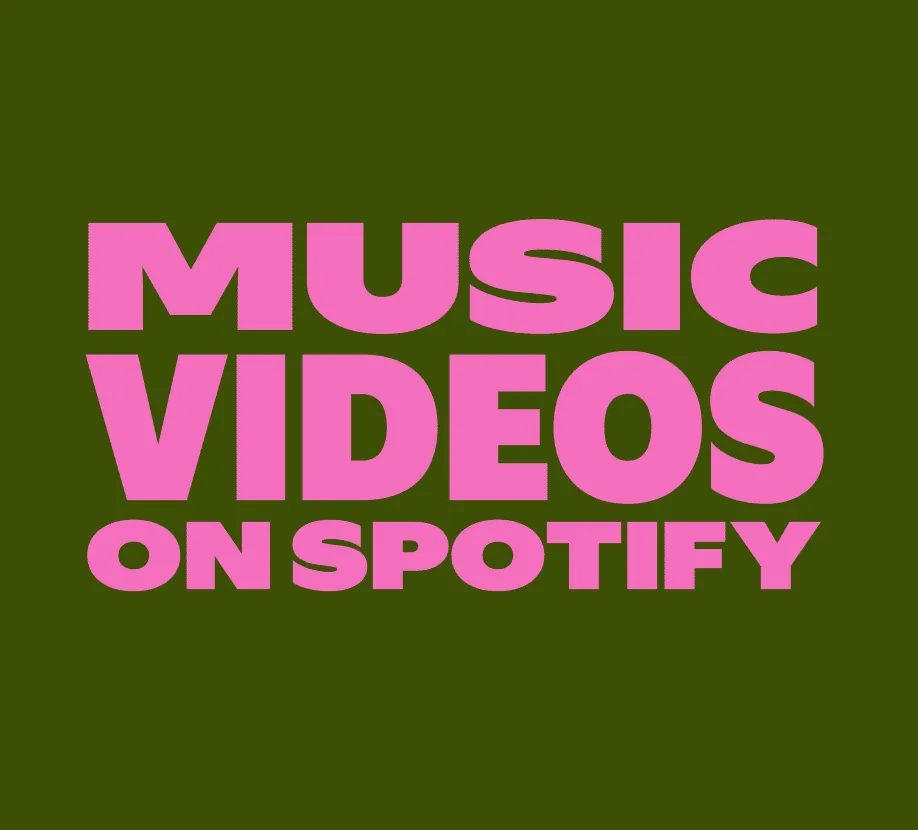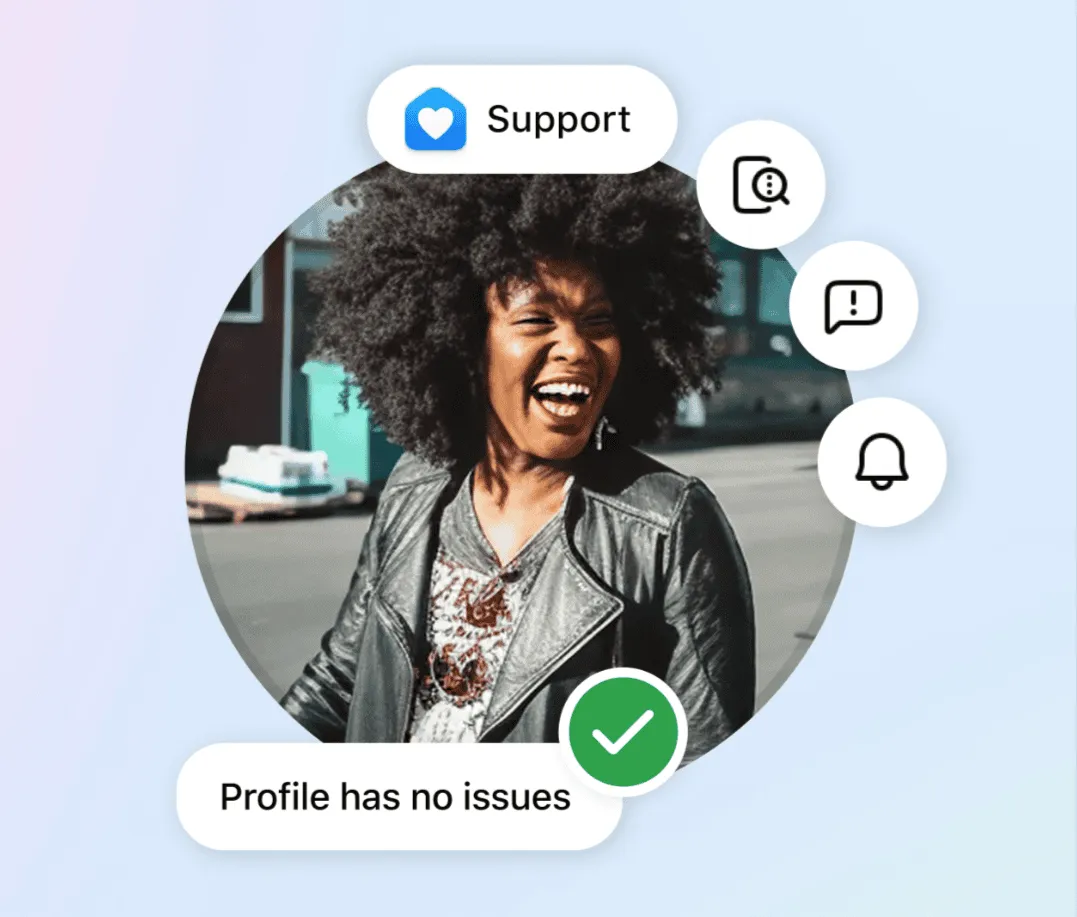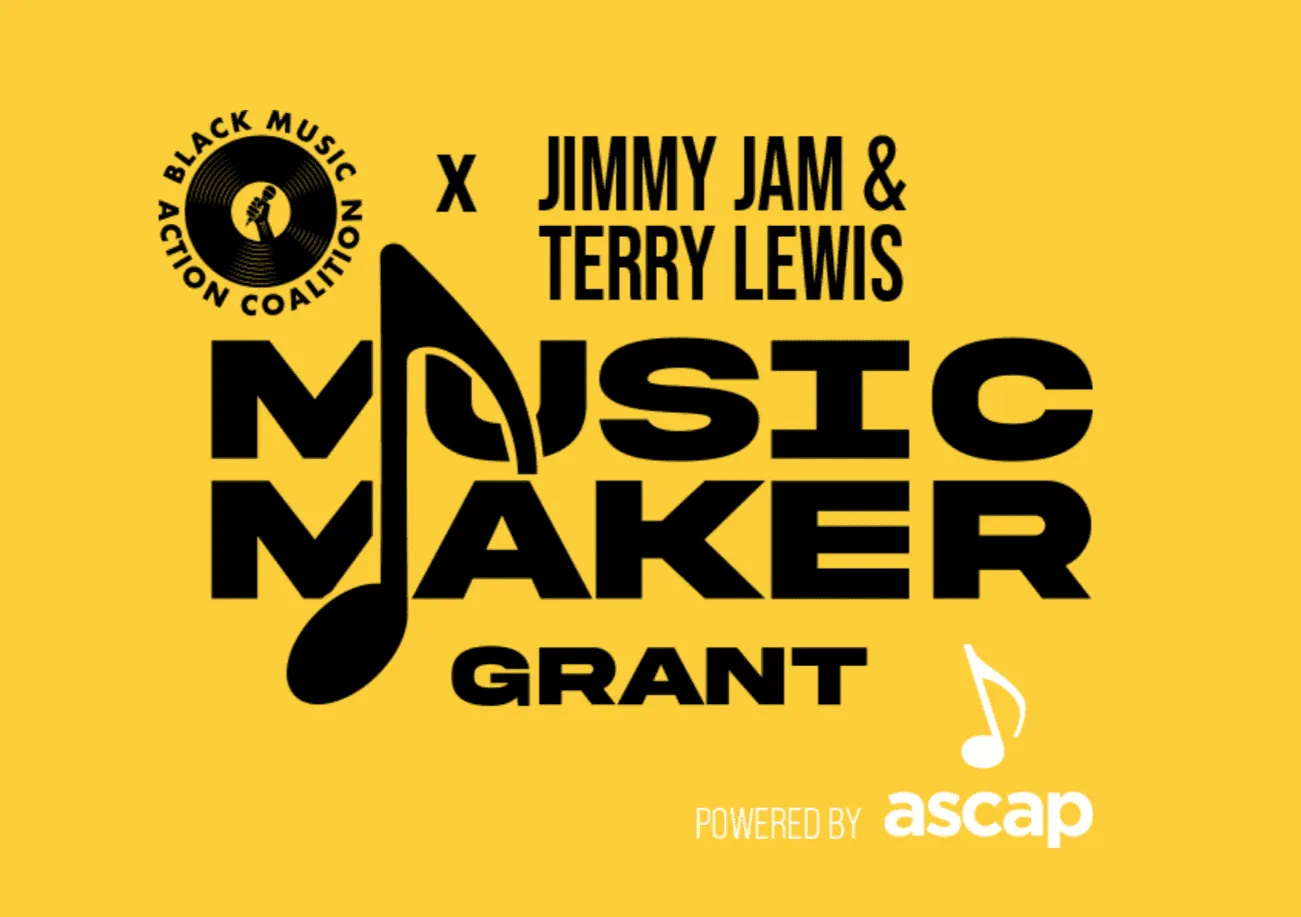Kyle Bylin, Associate Editor (@kbylin)
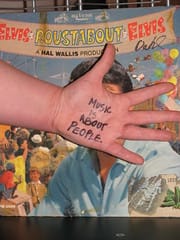
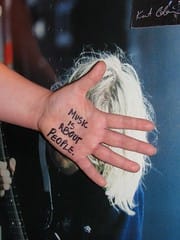
When watching the series of short animation films released by Music Matters, a UK-based collective formed to “remind listeners of the significance and value of music,” I’m left with the overwhelming sensation that they are missing the point.
That, by trying to educate people on why music matters, in this manner, by exploring the work and lives of musicians past and present, and concluding with the message: “and that’s why music matters…,” they’re failing on a very fundamental level, failing to ask the real question, one that’s actually relevant to what they’re trying to get done. Of course that’s why the music of Blind Willie Johnson, The Jam, Sigur Ros, and Nick Cave matters. But why stop there?
If the core purpose of their campaign is to “remind listeners of the significance and value of music,” by educating and reconnecting them to that value through these short films. Then, in doing so, they’ve admitted to something important to our understanding of the shortcomings of their campaign: that not only is there an apparent disconnect between listeners and the value of music, but that the inherent value of music has, in some way, become disconnected from the music itself. I’d imagine that this message is not exactly the one that they were hoping communicate to listeners. So, now that we can see what’s troublesome about that message, how might they improve upon their question?
In order for their campaign to make the connection between listeners and the value of music, they need to understand that—in tandem with asking and exploring the question of ‘why music matters’—they should take things one step further and ask the question: why does music matter to people?
Currently, their short films take the perspective of what I’ve referred to previously as “the great musicians and singer’s theory.” In short, it goes something like this: that the history of popular music is but the biographies of great musicians and singers, these astonishingly talented men and women, who, through their personal attributes and divine inspiration, revolutionized the ways in which music was played. So too, the theory goes, that it is important we take the time to acknowledge the affluence of these individuals that allowed for their generation and those that followed to reimagine and challenge the boundaries that stood before them. And it’s important to understand the times and the lives of these musicians and singers—but, you know what?
That perspective of popular music history has almost nothing do with the significance and value of music that they’re attempting to remind listeners of. “Music creates meaning—that’s what it does for audiences,” explains Andrew Dubber of Deleting Music. “And, that meaning is cultural. That meaning is not about what the songwriter was thinking about, or even the cultural context of what the songwriter was doing. But what it means to you.”
Therefore, if they want to make their case properly, and remind listeners of these qualities of music, they should expand their focus beyond the impact of great musicians and singers on our society and culture. In essence, their short films also need to speak of how the songs of these men and women have become connected to people’s lives and made a part of their stories. Music is, after all, about people. It is, in the words of Professor Karl Paulnack, “one of the ways we make sense of our lives, one of the ways in which we express feelings when we have no words, a way for us to understand things with our hearts when we can’t with our minds.” I’d argue 'that’s why music (really) matters.'
For a “collective people across the music industry, including artists, retailers, songwriters, labels and managers,” it really shouldn’t take a writer—like me—to remind you, that it’s not about you anymore. It’s about each and every one of us. It’s about the moment when a song intersected with our lives and we realized for one moment—that one very special moment—that someone else, out there, feels the way we do, that we are not alone, nor wicked in our ways, and that we may not all bleed the same blood, but at very least, we do bleed.
Think about a moment in your life, where time stopped and the music you were listening to came to mean something real. Suddenly, you could see the beauty beneath the scars and the lyrics became the bloodstained poetry on your heart. That’s music. That’s why it matters—to people.
If this ‘collective’ wants to “remind listeners of the significance and value of music,” then, instead of just imparting upon them the legacies of great musicians and singers, why don’t they tell a story about how a song changed their lives? Help listeners gain insight into the one thing that none of us will ever know—what the experience of the world is like through a consciousness other than their own. This is what music does; what really makes it significant and valuable.
Music Matters – The Jam (23-3-10) from Music Matters on Vimeo.
Get In Touch:
-
kyledotbylinatgmaildotcom


